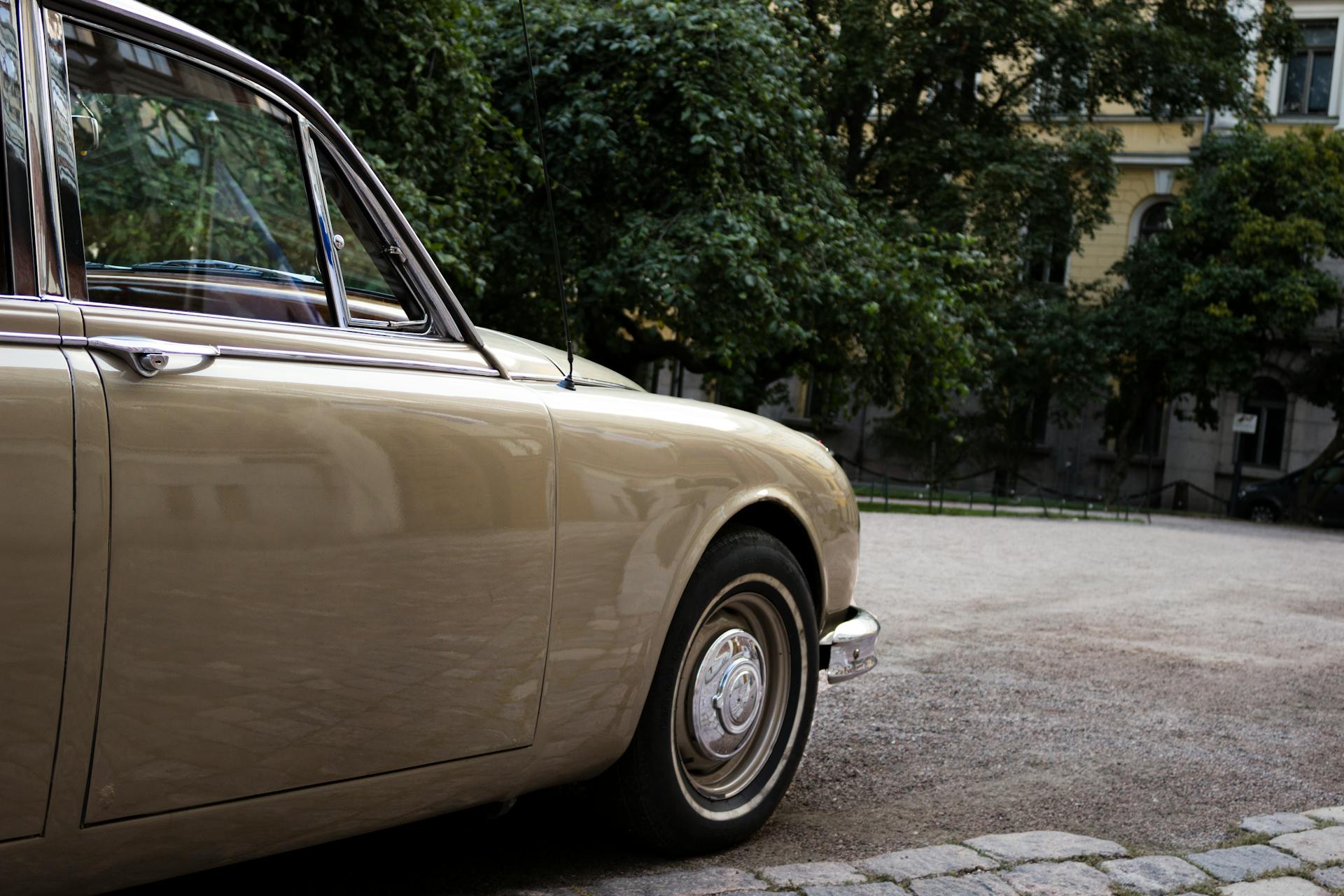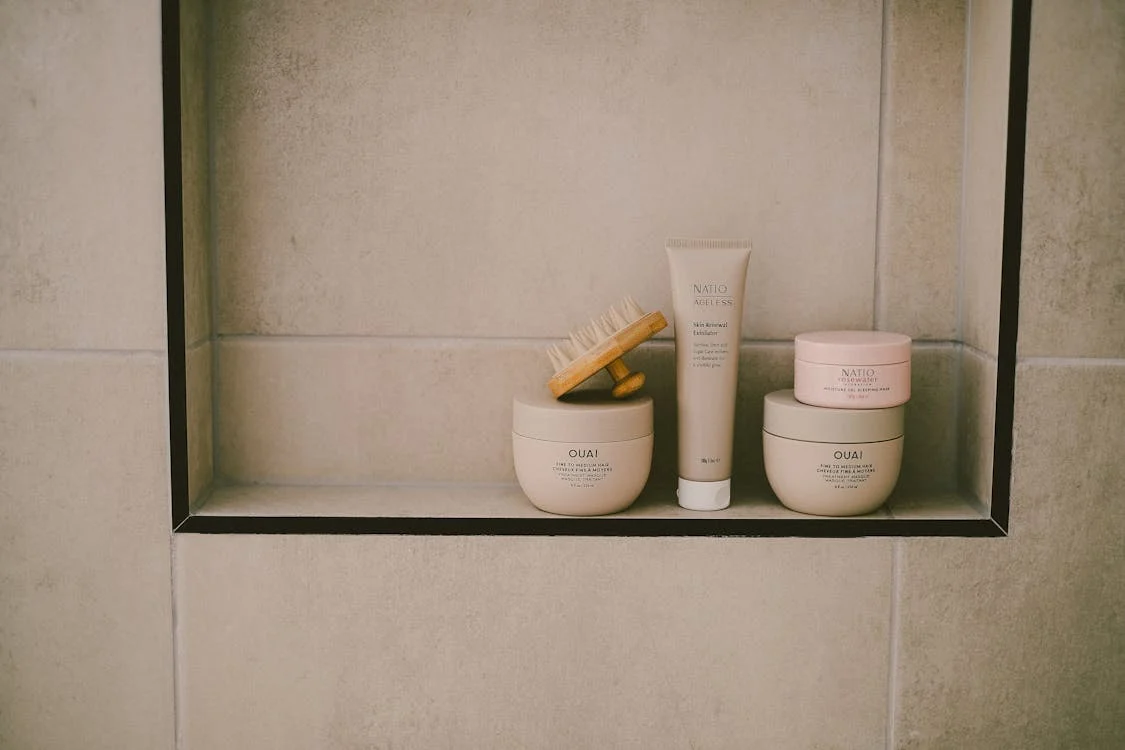It’s not about yachts, it’s about choices.
We need to talk about what financial freedom really is
When most people hear the phrase financial freedom, they picture private jets, designer handbags, a fully paid-off mansion in the hills, and never working another day in their life.
But here’s the truth: financial freedom doesn’t mean being rich.
In fact, many people chasing financial freedom aren’t dreaming of luxury — they’re simply dreaming of peace of mind.
It’s not about millions. It’s about control.
At its core, financial freedom means one simple thing:
You have control over your money — and your money doesn’t control you.
That could look like:
- Paying your rent without stress
- Being able to quit a toxic job without panic
- Booking a weekend trip without guilt
- Saying “no” to things because you can, not because you have to
In this definition, freedom isn’t tied to a number. It’s tied to how much space your finances give you in life.
You can earn a high income and still be broke
Let’s bust a myth right now: high income ≠ financial freedom.
You can earn €8,000 a month and still be:
- Drowning in debt
- Living paycheck to paycheck
- Trapped in golden handcuffs (a.k.a. staying at a job you hate because the lifestyle demands it)
On the other hand, someone making €2,000 a month but with low expenses, no debt, and a savings buffer might be way more financially free.
It’s not about how much you earn. It’s about how much you keep — and how you use it.
Freedom is built on intentional living
The people who achieve real financial freedom don’t necessarily have fancy jobs or six-figure bank accounts.
They:
- Track their spending (without obsessing)
- Live below their means (without deprivation)
- Save regularly (even small amounts)
- Avoid lifestyle inflation
- Build emergency funds and passive income over time
None of this is sexy. But it works.
What financial freedom feels like (real talk)
- Not checking your bank app five times a day out of anxiety
- Being able to help someone else out — because you’re stable yourself
- Having time to breathe, rest, dream
- Feeling safe when your laptop breaks, your car needs repairs, or your job becomes unstable
- Knowing you own your time — instead of trading it for survival
Does that require money? Yes.
Does it require millions? Not even close.
You get to define your version of freedom
For some, financial freedom means retiring early.
For others, it means working part-time, traveling more, or staying home with their kids.
Your version doesn’t have to look like anyone else’s.
It could be:
- Living debt-free in a small apartment
- Growing your own food and working remotely
- Having a buffer that gives you the courage to start your dream project
Whatever it is, you don’t need to wait until you’re rich to get there.
You just need to be intentional.
The bottom line
Financial freedom isn’t reserved for the wealthy. It’s available to anyone willing to be mindful, consistent, and a little rebellious about how they spend, save, and live.
It’s not about becoming rich.
It’s about feeling rich in your own life — with or without a million in the bank.


